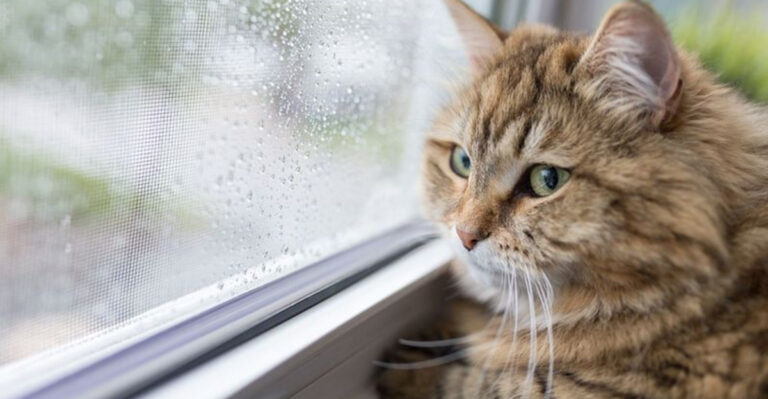15 Things You Should Never Do When Leaving Your Cat Alone
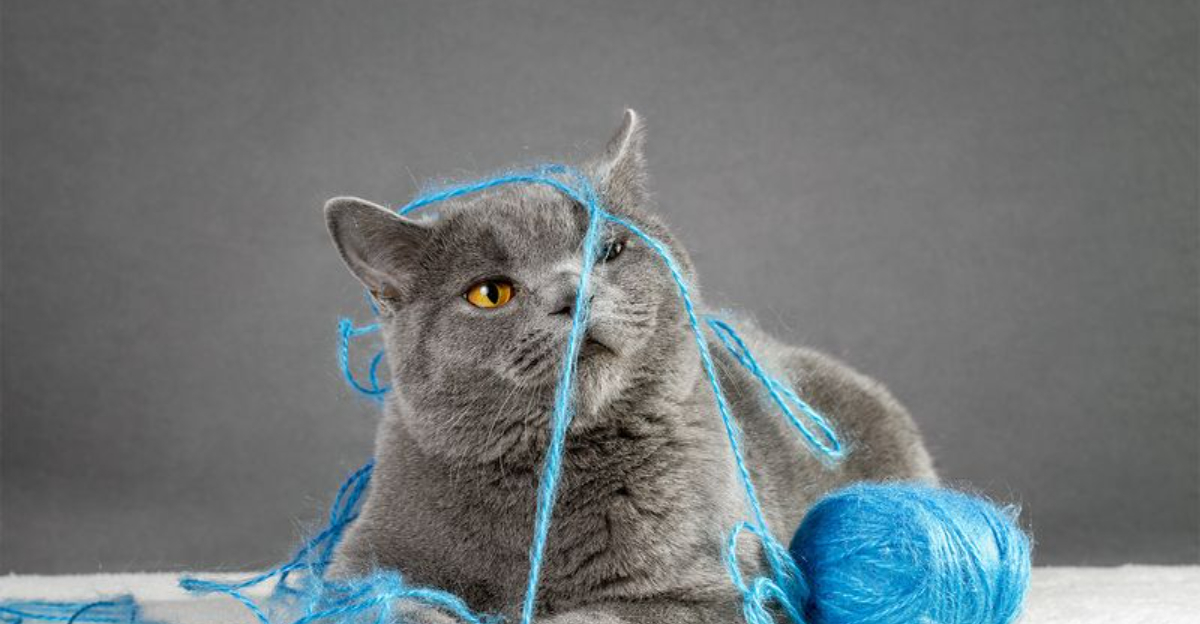
Cats may seem independent, but leaving them alone requires careful planning. Even the most self-sufficient feline friends need proper arrangements to stay safe, healthy, and happy during your absence.
Whether you’re stepping out for a few hours or going away for the weekend, avoiding these common mistakes will ensure your furry companion remains comfortable until you return.
1. Leave Windows Wide Open
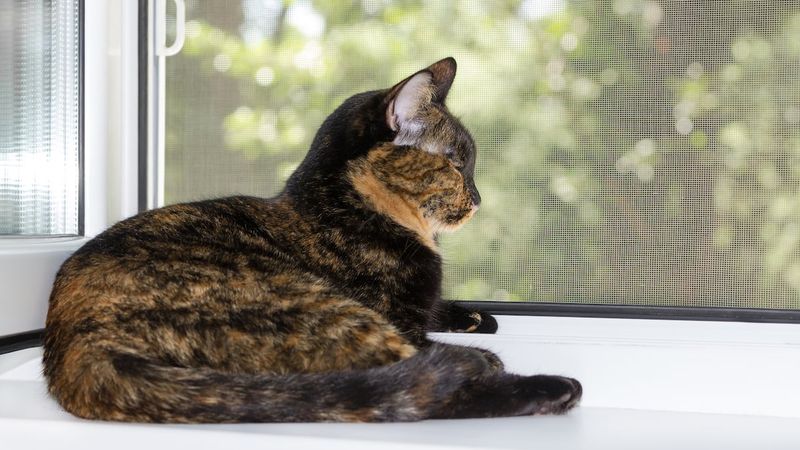
Open windows pose serious escape and injury risks for curious cats. Your kitty might squeeze through screens or accidentally fall while chasing birds or insects they spot outside.
Always secure windows with proper pet screens or leave them closed enough that your cat can’t push through. Remember that cats can fit through surprisingly small spaces when motivated!
2. Forget To Fill The Water Bowl
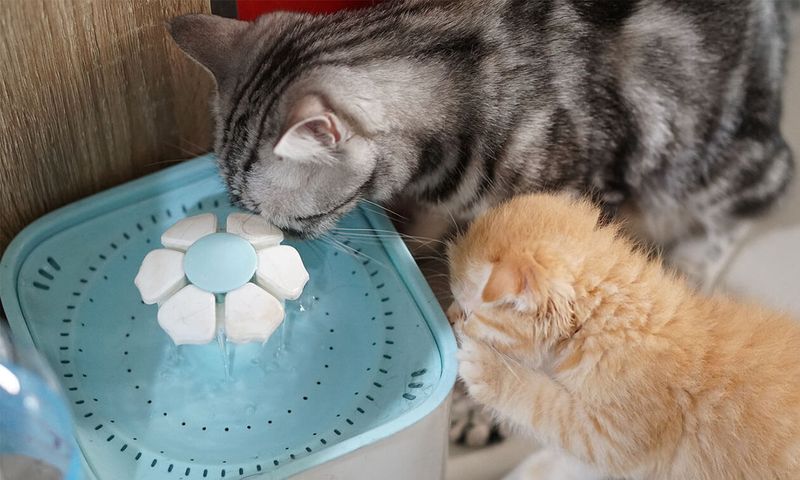
Fresh water is absolutely essential for your cat’s health. Dehydration can lead to serious urinary tract problems and kidney issues, especially in older cats.
Consider setting up multiple water stations around your home or investing in a pet fountain. Cats often prefer running water and are more likely to drink enough when it’s fresh and accessible.
3. Leave Toxic Plants Within Reach
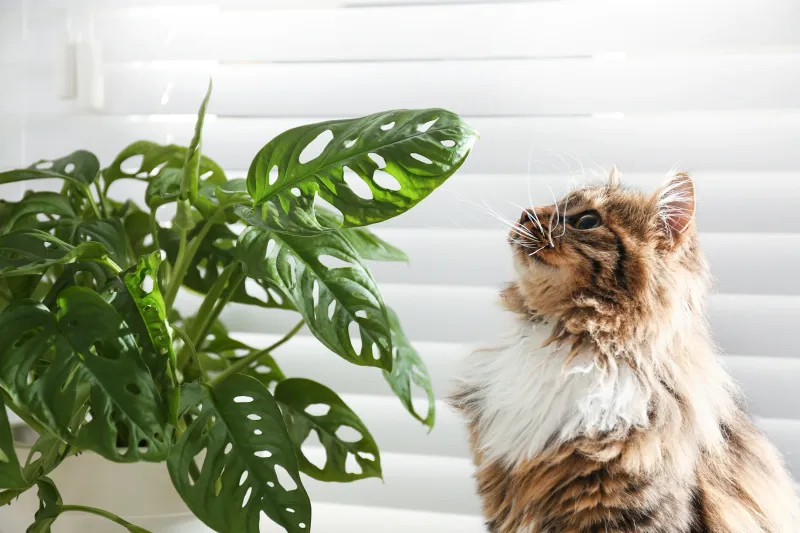
Many common houseplants can cause severe illness if your curious cat takes a nibble. Lilies, pothos, and philodendrons are particularly dangerous and can cause kidney failure or respiratory distress.
Move all potentially harmful plants to rooms your cat can’t access or replace them with pet-safe alternatives like spider plants or cat grass.
4. Keep Toilet Lids Up
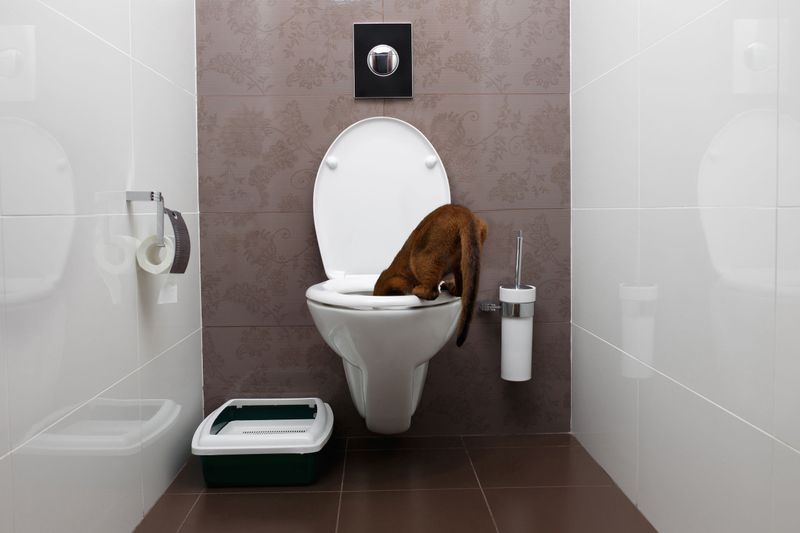
Curious cats often investigate toilet bowls, risking falling in and potentially drowning, especially kittens or seniors.
The chemicals in toilet cleaners add another hazard if ingested. Make a habit of keeping all toilet lids firmly closed before leaving home. This simple action prevents accidents and keeps your cat from drinking potentially harmful water.
5. Leave String-Like Items Accessible
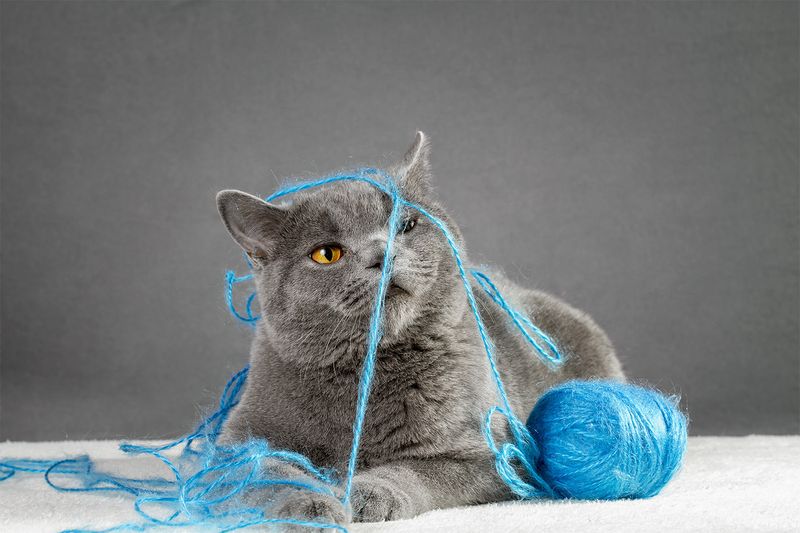
Ribbons, yarn, dental floss, and hair ties might seem like perfect cat toys, but they’re actually serious hazards.
Cats can swallow these items, causing intestinal blockages that require emergency surgery. Store all string-like objects in closed drawers or cabinets. Provide only cat-specific toys designed to be safe even when your pet is unsupervised.
6. Run Out Of Clean Litter
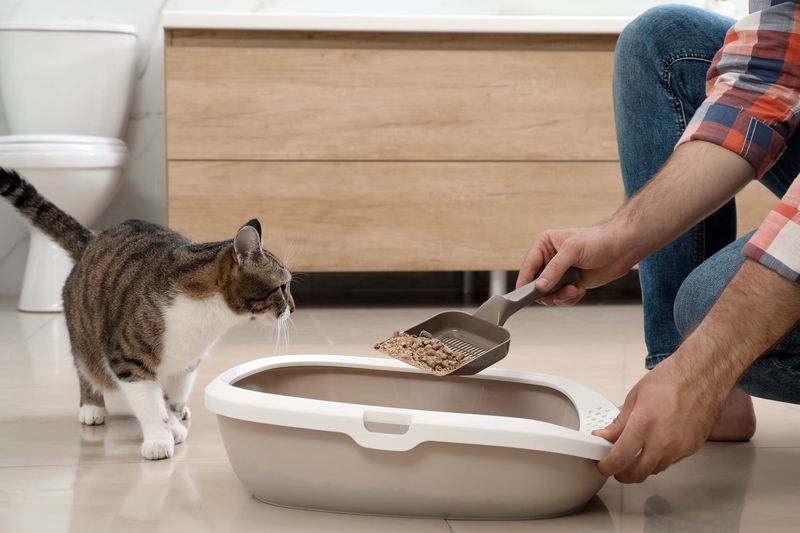
Cats have strong cleanliness instincts and may refuse to use dirty litter boxes. This can lead to accidents around your home or urinary retention, which is dangerous for their health. Always clean the box before leaving and provide extra litter if you’ll be gone for more than a day. Some cats even need multiple boxes to feel comfortable.
7. Set Thermostats To Extreme Temperatures
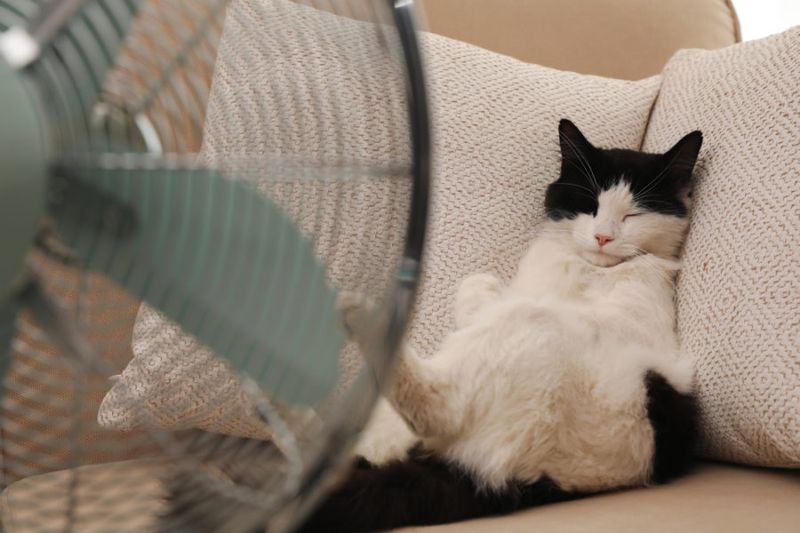
Cats can’t regulate their body temperature as efficiently as humans. Leaving your home too hot or too cold can cause serious health problems, from heat stroke to hypothermia. Keep your thermostat set between 65-78°F (18-26°C), depending on your cat’s age and coat thickness. Senior cats and hairless breeds typically need warmer environments.
8. Leave Small Objects On Counters
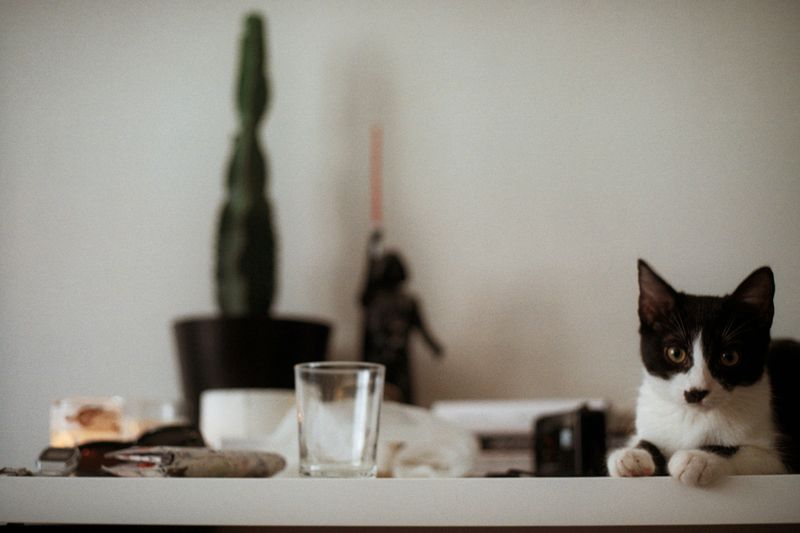
Rubber bands, paper clips, and other tiny items are irresistible to playful cats but can become choking hazards or cause intestinal blockages if swallowed.
Sweep countertops clear before leaving home. Pay special attention to bathroom counters where small items like bobby pins or earrings might be left out.
9. Keep Harmful Foods Accessible
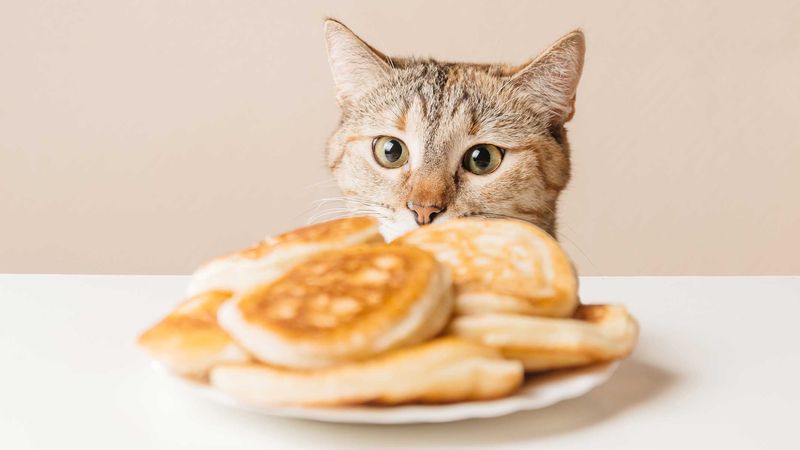
Chocolate, onions, garlic, and grapes might be harmless to humans but can be toxic to cats. Even dairy products can cause digestive upset in many felines.
Store all food in secure cabinets or the refrigerator before leaving. Don’t leave dirty dishes with food residue in sinks or on counters where curious cats might investigate.
10. Block Access To Favorite Hiding Spots
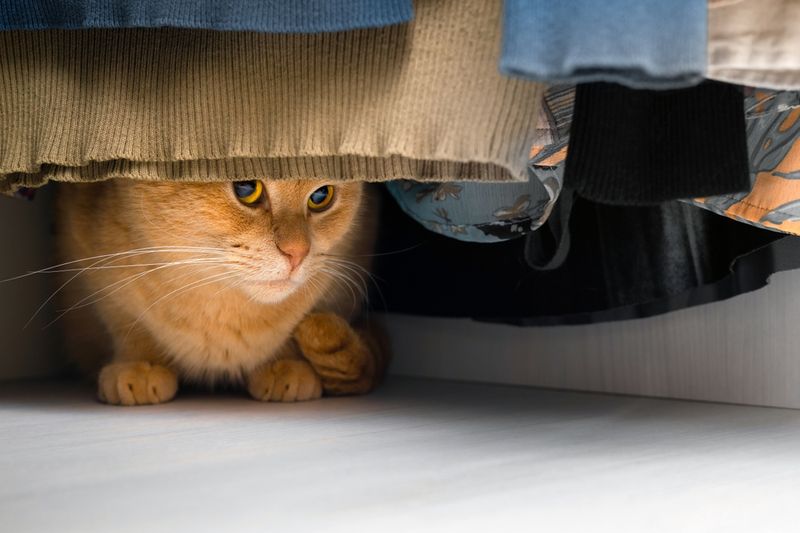
Cats feel secure when they can retreat to familiar hiding places. Blocking access to these comfort zones can cause unnecessary stress and anxiety while you’re away.
Make sure your cat’s preferred spots under beds, in closets, or on shelves remain accessible. Consider leaving an unwashed t-shirt in their favorite spot for comfort.
11. Leave Electrical Cords Exposed
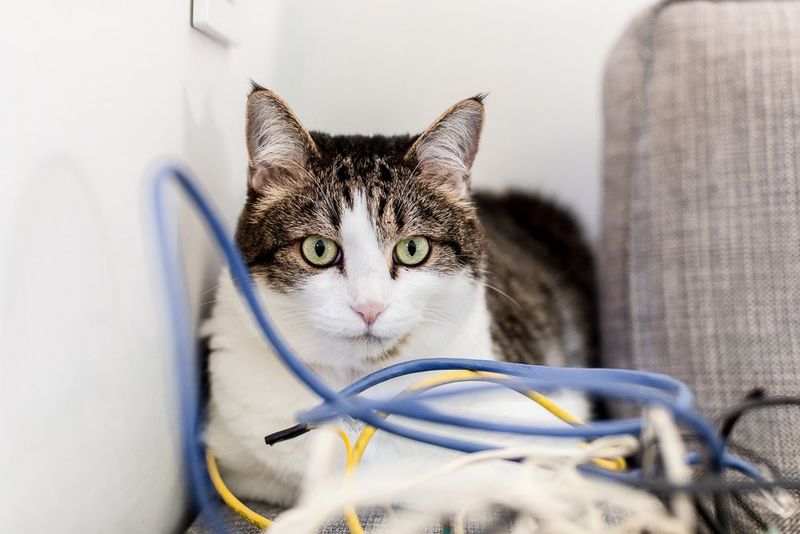
Bored cats often chew on dangling cords, risking electrical shocks, burns, or even fires in your absence. Young kittens are especially prone to this dangerous behavior.
Secure cords with cord protectors or tape them down before leaving. Unplug non-essential electronics and tuck cords behind furniture where your cat can’t reach them.
12. Forget To Secure Cabinets
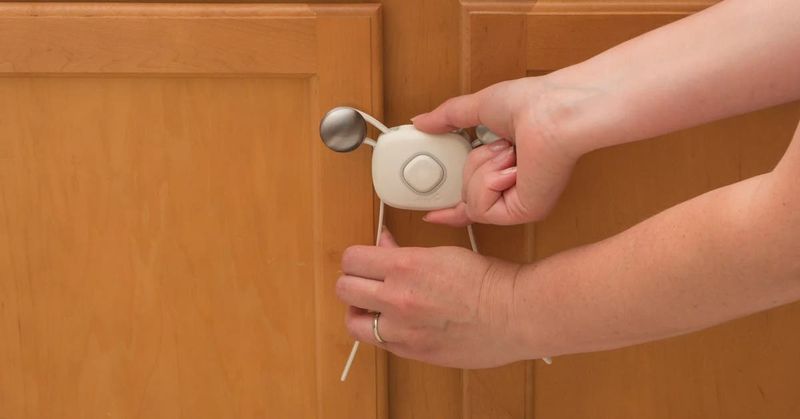
Clever cats can paw open cabinets containing cleaning products, medications, or other hazardous substances.
Ingesting these items can lead to poisoning or chemical burns. Install child-proof locks on cabinets containing dangerous items. Pay special attention to under-sink areas where toxic cleaning supplies are often stored.
13. Leave Candles Or Essential Oil Diffusers On
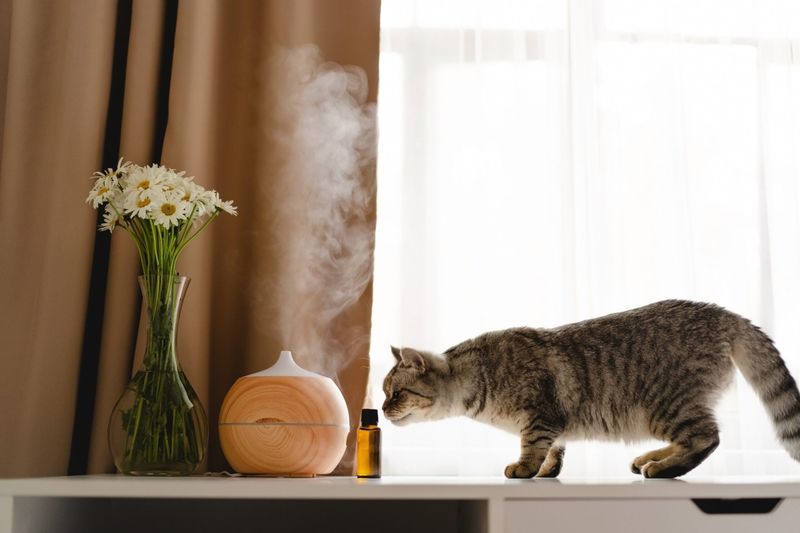
Unattended candles pose obvious fire risks if knocked over by curious cats. Essential oil diffusers and potpourri contain compounds toxic to felines that can damage their sensitive respiratory systems.
Never leave any type of flame burning when you’re not home. Store essential oils securely away, as even skin contact can harm cats who later groom themselves.
14. Fail To Provide Entertainment
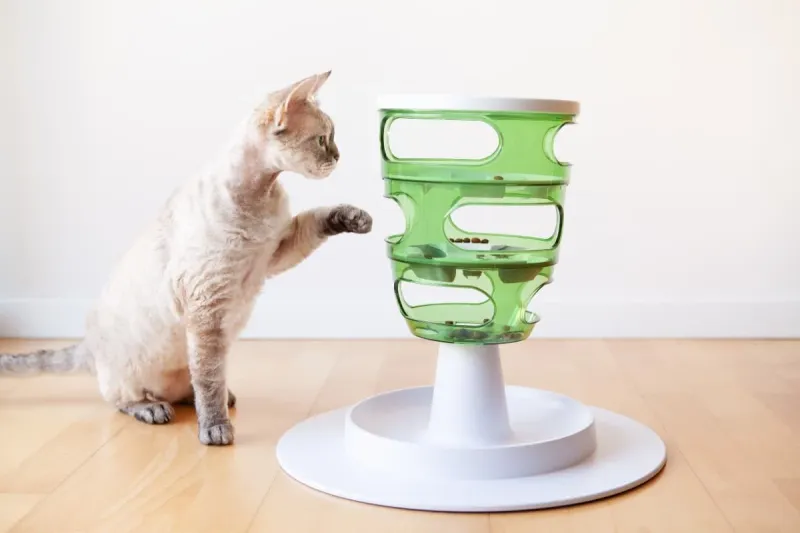
Bored cats often develop destructive behaviors like excessive scratching, chewing, or urinating outside the litter box. Mental stimulation is crucial for their wellbeing.
Set up bird-watching stations near windows or leave cat-specific videos playing. Puzzle feeders and rotating toys can keep them engaged while preventing boredom-related behavior problems.
15. Assume Your Cat Will Be Fine Without Checking In
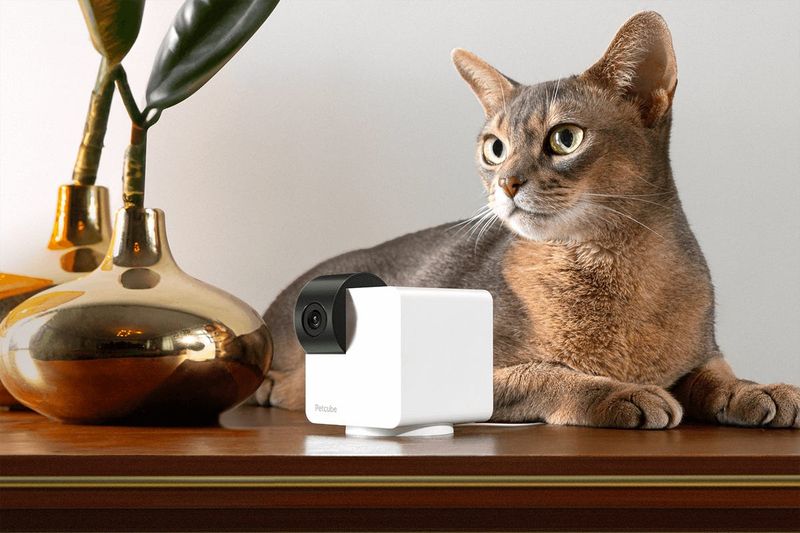
Even independent cats benefit from check-ins during longer absences. Problems like illness, injury, or equipment failures (like automatic feeders) can go unnoticed without proper monitoring.
Ask a trusted friend to visit for longer trips or invest in a pet camera. Modern pet cameras even allow you to interact with your cat remotely, providing reassurance for both of you.





